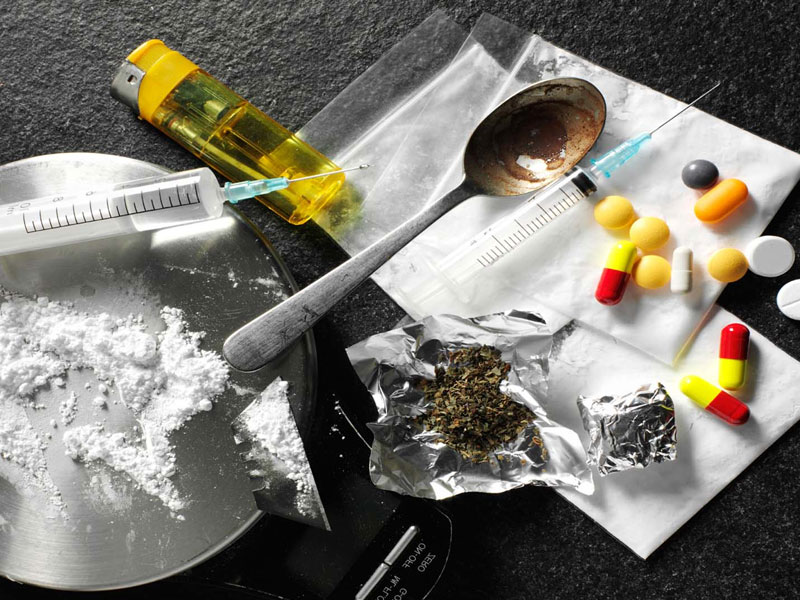Drugs Of Abuse – Non Narcotics
Published .

These Drugs Are Illicit, But Not Narcotics
Despite all the confusion created over 100 years ago by the 1914 Harrison Anti-Narcotic Act, people can high without the benefit of the opium. There are plenty of ways to get high without opium. The following illicit drugs are not narcotics, and as such they do not respond to Narcan:
- Cannabis – Cannabis is a cannabinoid drug. The number of different cannabinoids in the cannabis sativa plant is still being researched, but it primarily contains the psychoactive cannabinoid THC and the non-psychoactive cannabidiol (CBD). It’s most commonly known as marijuana.
- Hallucinogens – Hallucinogens are a diverse group of drugs that alter a person’s awareness of their surroundings as well as their own thoughts and feelings. They are commonly split into two categories: classic hallucinogens (such as LSD) and dissociative drugs (such as PCP). Both types of hallucinogens can cause hallucinations, or sensations and images that seem real though they are not. Additionally, dissociative drugs can cause users to feel out of control or disconnected from their body and environment.
- Stimulants or Sympathomimetics – Stimulants are a class of drugs that speed up messages travelling between the brain and body. They can make a person feel more awake, alert, confident or energetic. Stimulants include caffeine, nicotine, amphetamines (including methamphetamine), Adderall, Ritalin, crack, and cocaine. Large doses can cause over-stimulation, resulting in anxiety, panic, seizures, headaches, stomach cramps, aggression and paranoia. Long-term use of strong stimulants can have adverse effects.
- Barbiturates/Sedatives/Hypnotics – Barbiturates are a type of depressants that are derived from barbituric acid. They cause the central nervous system to slow down and create a sense of calm. Because they have these effects, physicians prescribe them for people who struggle with anxiety, headaches, insomnia, seizures and similar medical issues. They are also used as anesthesia. Common barbiturate brands are Amytal, Nembutal, Seconal and Luminal. Generic names include amobarbital, pentobarbital, secobarbital and phenobarbital. Barbiturates are highly addictive, so they should be used only if prescribed. Even with a prescription, people who use barbiturates are at risk for dependence. Because they’re are so addictive, they can lead to major problems with withdrawal. They’re considered to be extremely dangerous, as they can cause coma or even death.
